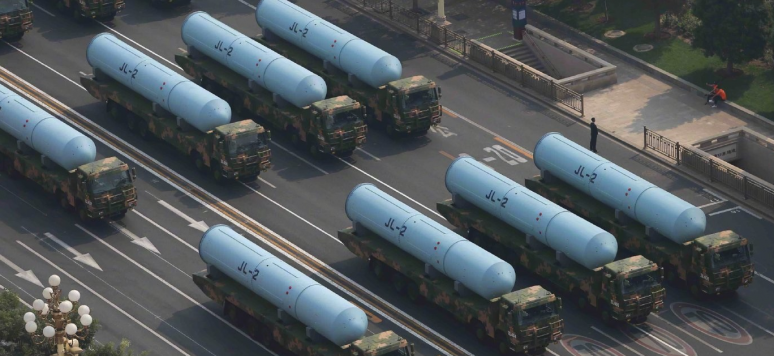Nicola LEVERINGHAUS

Dating back to the first test in 1964, the Chinese nuclear force modernization process is motivated by other nuclear powers’ modernization across the years, mostly from the United States and the Soviet Union, but also by domestic factors such as economic debates and tensions in the scientific community.
At first, technical difficulties and a greater investment in conventional forces prevented the development of a ‘lean and effective arsenal’. However, the end of the Cold War and better economic conditions allowed China to improve its weapons toward a greater duality and mobility, thus reflecting the first tensions between the Chinese no-first-use doctrine and its growing technical capabilities and ambitions.
Nowadays, the Chinese nuclear arsenal is bigger than ever, ranking third in size amongst nuclear global powers and with an estimated 1,000 warheads in 2030. The weapons’ efficiency is also reportedly higher, aiming at a fully functioning triad. Furthermore, doctrinal debates are still ongoing, with potential consequences on arms control and risk management.
No comments:
Post a Comment